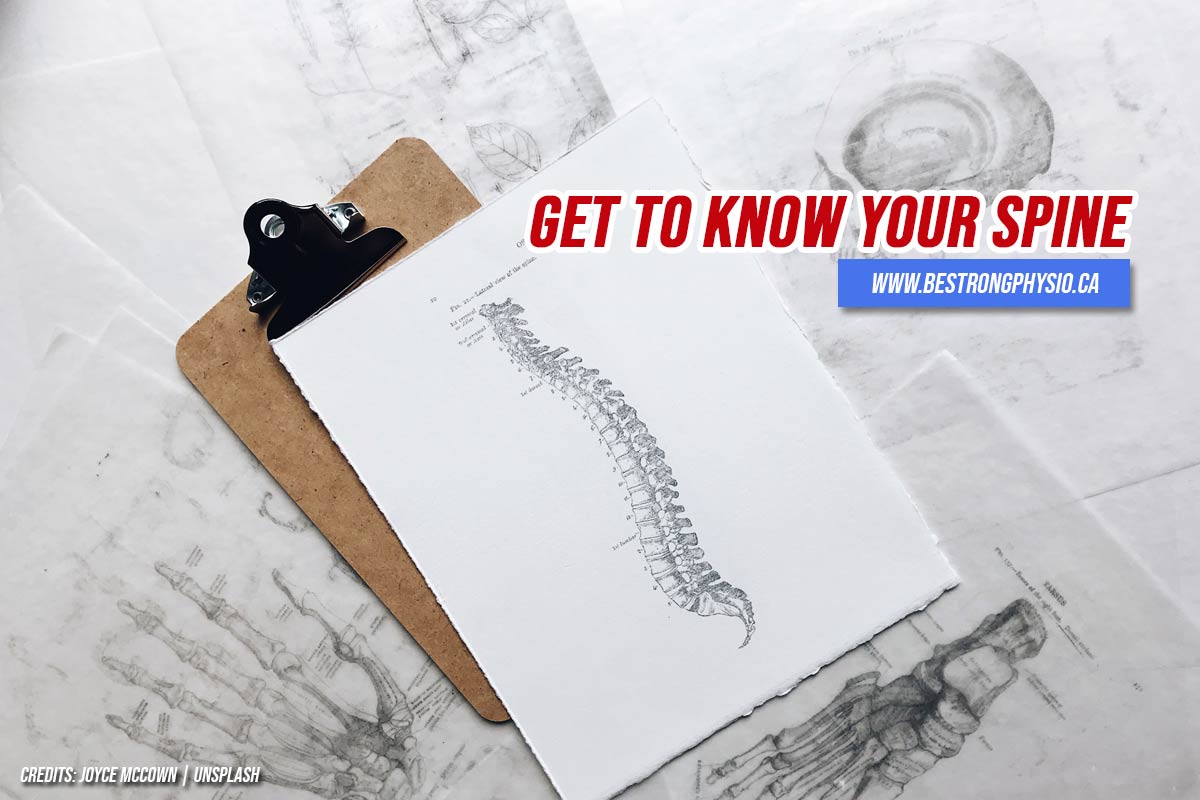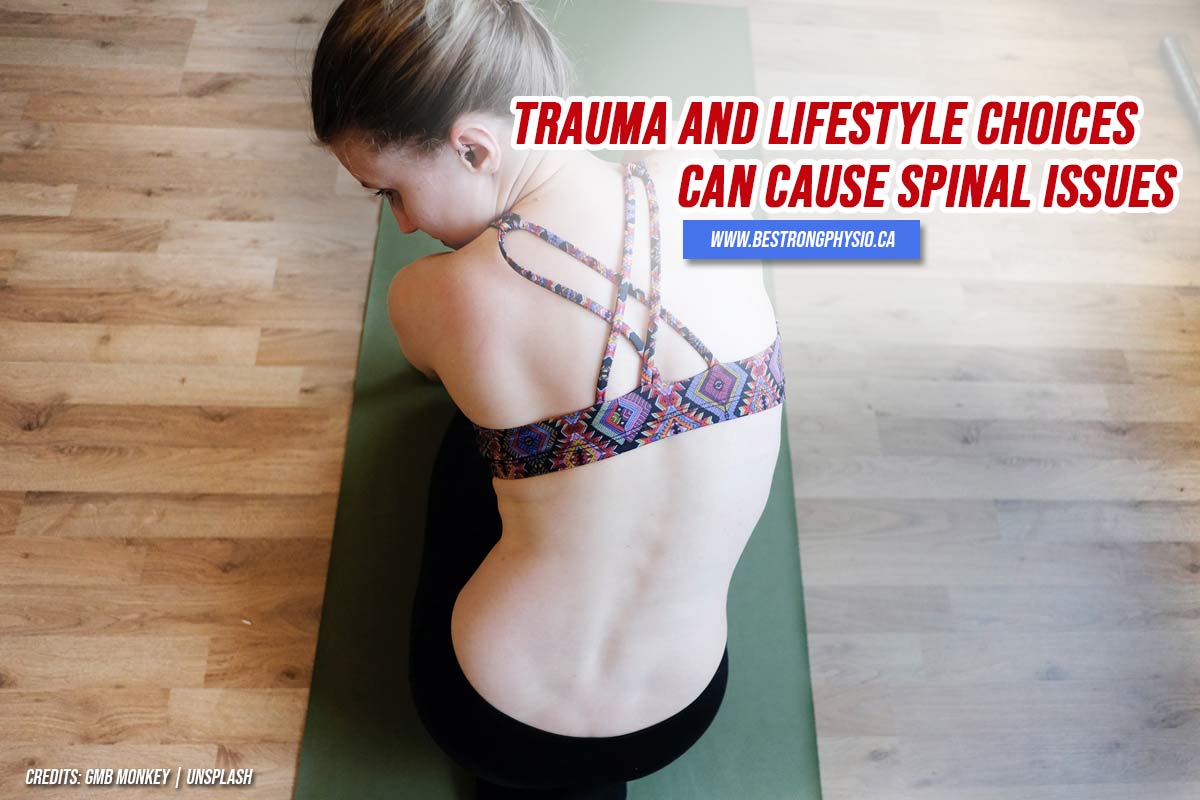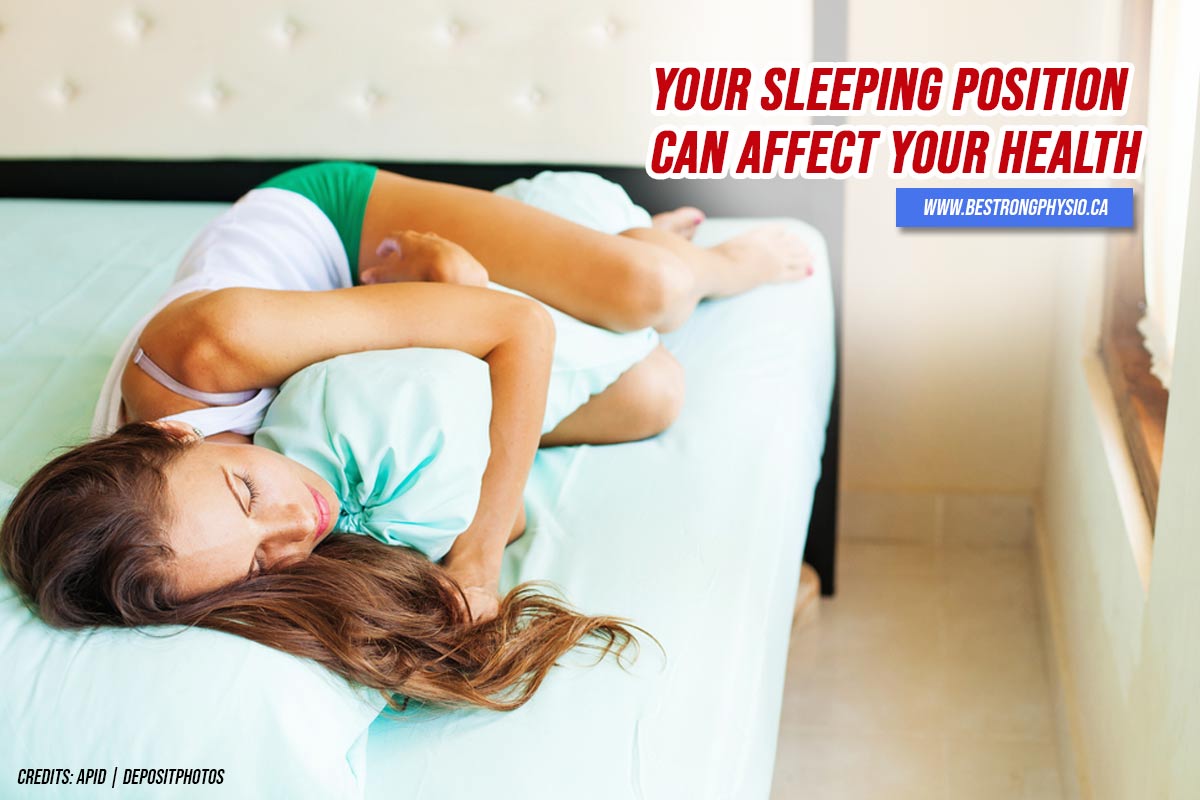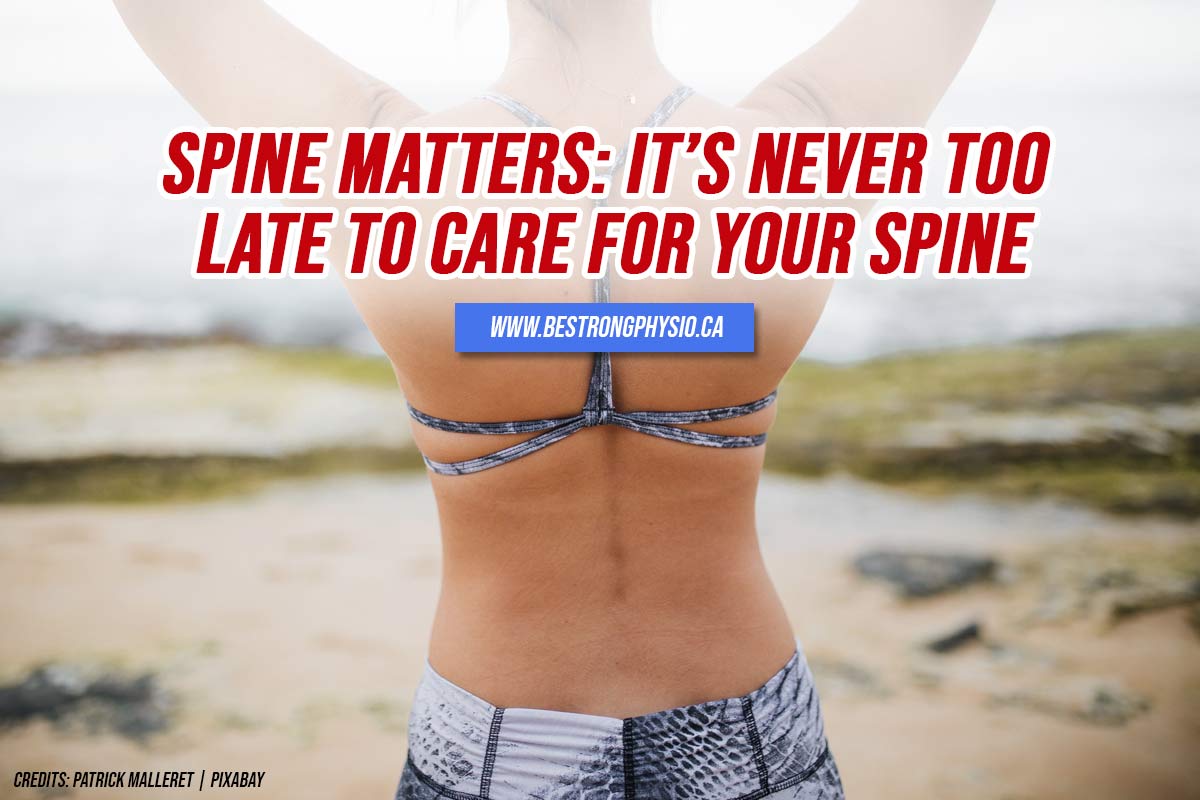Spine Matters: It’s Never Too Late to Care for Your Spine
Spine health, while often overlooked, is a significant part of one’s overall well-being. It is one of the core components of the body. It gives your body mobility, provides structural support to your body, and helps protect the nervous system and your body’s internal organs. injury to the spine can lead to serious health issues.
To maintain a healthy and active lifestyle, you need to keep your spine healthy. Know what you can do to enhance your healthcare regimen with a few spine care tips.
The Anatomy and Function of the Spine

A vital part of the body, the spine keeps your body upright and allows for movement and flexibility. In addition, it provides support and protection to the spinal cord – a column of nerves that connect the brain with the rest of the body and are responsible for transmitting important signals and controlling movement.
It is made up of 24 small bones called the vertebrae. These are stacked on top of each other and held together by ligament groups to create the spinal column. Between the vertebrae are soft, gel-like cushions, called discs, which absorbs pressure and reduces friction between the bones. The spinal column also has facet joints which give it the flexibility of movement.
When viewed from the side, a normal spine has an S-like curve which allows for the even distribution of weight and for withstanding stress. The spine is divided into three segments: the cervical spine, which is the upper portion made up of 7 vertebrae; the thoracic spine, which is in the middle which is composed of 12 vertebrae; and the lumbar spine, which is the lower portion attached to the sacrum (a group of specialized vertebrae connecting the spine to the pelvis).
Common Spine Conditions

Even the healthiest, youngest, or most athletic person will complain about back pain or spinal issues at some point in their lives. Some may experience back pain as a result of simple muscular strain. However, there are times when back pain is linked to a chronic or acute medical disorder.
Some of the common spine conditions recorded by experts are the following:
- Degenerative disc disease
- Spinal arthritis or osteoarthritis
- Herniated disk
- Facet joint syndrome
- Stress fracture
- Spondylolisthesis
- Osteoporosis
- Spinal stenosis
- Sacroiliac joint dysfunction
- Sciatica
- Scoliosis
- Spinal tumours
- Kyphosis
An injury acquired from bad falls, vehicular accidents, and a stagnant lifestyle can cause a person to develop serious spine conditions. A traumatic injury can manifest instantly, most often without warning signs because they are typically caused by accidents. Slipped discs and other conditions that are caused by lifestyle choices develop gradually and do not always manifest symptoms until years later.
How to Take Care of the Spine
Regardless if you have a herniated disc, strained muscles, or spinal stenosis, you can still live a healthy and full life after diagnosis. The good news is that it is never too late to work on your spine health. Here are simple steps to care for your spine:

Let your spine rest while you are sleeping
Lying down gives your spine the opportunity to relax and be rejuvenated after hours of moving, standing up, and sitting down. Make the most out of your rest:
Use a moderately-firm mattress. Soft mattresses do not offer support but instead allow the spine to sag.
Keep the spine naturally aligned. Back sleepers can try placing a pillow beneath their knees to reduce stress on their lower back. Side sleepers can place a pillow between their knees for better hip balance.
Exercise your core
Exercising your core muscles helps strengthen the back and abdominal muscles. The core muscles, located in the lower back and abdomen, should be strong so that they can support the spine and lessen the pressure felt in the lower back. Toning these muscles can be done using targeted exercises.
If you have spinal issues, seek the advice of your primary health care provider before performing any core exercises.

Find comfortable footwear
Did you know that wearing the wrong type of shoes can also cause spinal disorders? Footwear has a direct effect on spine health. People who often wear shoes that are too tight, too loose, or too high can strain their tendons and muscles, leading to back pain.
Selecting shoes with good support helps the spine and body remain aligned. Patients can also consider wearing shoe orthotics or inserts to help improve their balance.
Get a massage
A good back massage can go a long way. Massages have therapeutic benefits including increased blood flow, loosening of tight muscles and connective tissues, and feelings of relaxation.
Fix your posture and avoid staying in one position for too long
Bad posture and sitting down or standing up for extended periods of time can have adverse effects on your spine health. The discs of the lower spine bear most of the weight; if you stay in the same position for too long and with poor posture, it can lead to back pain.
Sitting at a desk has been likened to smoking because of the adverse health effects of prolonged sitting. To remedy this, experts advise setting up an ergonomic work station and taking frequent breaks to lessen the stress it puts on the back.

Consider physiotherapy and chiropractic care
If you are concerned about the health of your spine or are experiencing symptoms of a spinal disorder, seek a physiotherapist or a chiropractor. Depending on your condition, both treatments can go hand in hand.
A physiotherapist uses a variety of modalities to restore the strength, mobility, flexibility, and functionality of affected muscles. Chiropractic care complements these treatments with the manual adjustment or manipulation of the spine itself. This method of treatment can help repair misalignment issues and reduce the stress on the sensitive tissues.
Reach out to Be Strong Physiotherapy for physiotherapy and chiropractic care in Toronto and Scarborough. Our chiropractors and physiotherapists are registered and trained to cater to the unique needs of patients. We offer individualized treatment plans based on your condition and goals.
Our clinic at 3220 Kingston Road, Unit #1 Scarborough, ON M1M 1P4 is open from Monday to Saturday and is located at. You can also call (416) 792-6440 to set an appointment.





